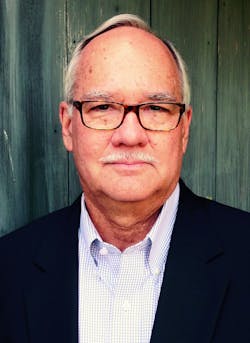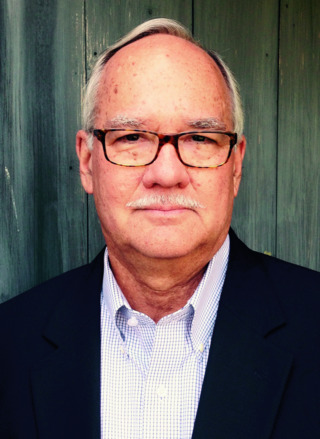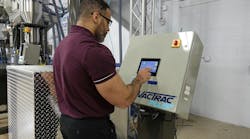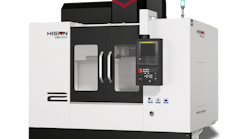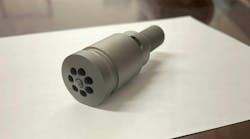Some impressions and thoughts from K 2019:
The Global Plastics Alliance announced it is undertaking a global plastics flow study to show how plastic moves around the world, including how post-consumer waste is handled. Preliminary findings announced at a K 2019 press conference show that in 2018, some 430 million tons of resin were processed (397 million tons of virgin resin and 33 million tons of recycled resin), 191 million tons were collected as waste, 69 million tons were disposed of inappropriately and 15 million tons dumped irresponsibly.
“Our image is really suffering. The tendency to replace plastics is getting stronger,” said Ulrich Reifenhäuser, chief sales officer of extrusion machinery manufacturer Reifenhäuser Group and chairman of Germany’s VDMA Plastics and Rubber Machinery Association.
The study is continuing to dig deeper into the plastics flow.
The Global Plastics Alliance consists of 75 associations trying to stem the flow of marine litter. Seven of the members — all European groups — have partnered on the study.
Data is important. This study could be critical in identifying sources of marine pollution and, according to Reifenhäuser, give the industry a roadmap to react to unfounded claims.
•
The circular economy was the main theme of K 2019 and every European machinery manufacturer used it as a focal point, sometimes talking more about circularity than equipment.
Michael Wittmann, CEO of Wittmann Group and one of the brightest machinery company leaders I know, touted his company’s work with Polish bio-based materials supplier Zeroplast in addition to an array of new machinery and equipment.
Zeroplast’s mineral-based material, called Zeroplast free, does not include plastic. It is recyclable, free of genetically modified organisms, petroleum and chemical additives, and can be injection molded. The Warsaw-based company said products made from Zeroplast free break down into their natural parts at the end of their life cycles.
Wittmann Battenfeld has worked with a Polish injection molder to develop processing technologies for the material. At K 2019, Wittmann Battenfeld injection molded a cosmetic jar from Zeroplast free and applied a paper label.
“Sustainable solutions must not be a sacrifice. If they are worse or less attractive, they will not be accepted by the market,” Wittmann said.
•
KraussMaffei Group is another machinery maker that has stepped outside its traditional comfort zone by launching Polymore, an online materials marketplace for buying and selling compounds and recyclates and trading post-
industrial recyclables. The marketplace is initially limited to German-speaking countries plus Italy, but further expansion could be in the works. It launched during the K show with 19 compounders and recyclers offering material for sale.
KraussMaffei said that Polymore rounds out its offerings for modern, sustainable plastics production. “Our goal is to digitize and simplify trade in plastics,” a company official said. “This is an important contribution to the circular economy.”
KraussMaffei has staffed Polymore with materials experts to advise users; there is no fee to use it.
•
I always enjoy seeing children at the K show, looking in wonder at the machines and robots and taking in the noise and excitement of the show floor. I have seen the same thing at other large, international shows such as Chinaplas.
But not NPE.
During a Plastics Industry Association (PLASTICS) press conference in Düsseldorf to kick off NPE 2021, I asked a PLASTICS official why we still ban children from our big trade show. “Liability,” said the official. It is the same answer I have heard for 25 years.
Privately, officials will also admit it is because many exhibitors don’t want to spend time with children in their booths.
The U.S. plastics industry bemoans labor shortages, including the lack of college graduates with polymer degrees, and recognizes problems with convincing students to take STEM courses.
Could the spark of interest in manufacturing that a middle school student experiences while visiting a trade show with a parent lead to a career in plastics? Perhaps.
In its defense, PLASTICS invites student groups from a couple of Orlando-area middle schools to tour NPE. PLASTICS also supports the SPE’s PlastiVan program that reaches out to students. But the total number of school-aged children is miniscule. It is time to find a way to get far more students into NPE. The need is too critical to miss the opportunity.
Ron Shinn, editor
